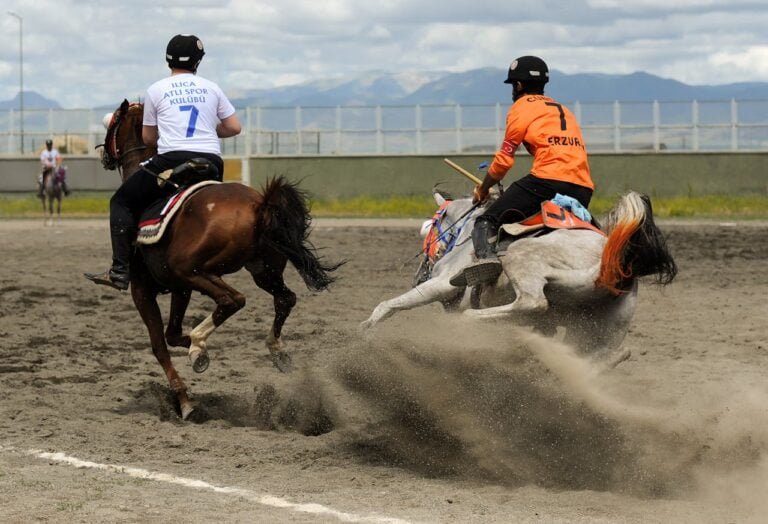Betting Markets – an overview

Sports wagering markets possibly have a lot like with stock exchange. Sports betting markets look like economic markets in that both have lots of hoggish participants who work capital, have differing levels and kinds of expertise, and also have strong economic incentives to swiftly and reasonably act on the most effective info in competitive setups.
Thus, we could anticipate a practical amount of performance to new details in both markets. However, there is some proof of persistent weak-form ineffectiveness in sporting activities betting markets. As an example, Thaler and also Ziemba (1988) and various other research studies keep in mind that favourites in horse races surpass long odds, though Woodland and Timberland (1994) find the reverse is true for baseball wagering.
Brown, as well as Sauer (1993), find that numerous visible variables along with the spread can be used to improve the results of professional basketball video games, in which groups with winning touches systematically obtain factor spreads in subsequent games that are better than they, in fact, experience.
Gray as well as Gray (1997), Golec as well as Tamarkin (1991), Sauer, Brajer, Ferris, as well as Marr (1988), and Gandar, Zuber, O’Brien, and also Russo (1988) find proof that specific methods can be made use of to boost professional football wagering. Consider this rhetorical question: Might observed inefficiencies as well as predispositions in sporting activities betting markets be similar in regularity as well as nature (e.g., energy and indicate reversion) to those in economic markets? Do these inadequacies show profit-making chances?
What are betting markets, and how do they work?
Betting, in one form or another, has been around since man began to walk the planet. There are records of betting on just about anything that could happen in ancient Rome. And online betting markets (or bookies) allow you to bet on absolutely anything today.
The simplest form of betting is simply ‘Heads or Tails?’ for a coin toss. But people also bet on who will win the World Series, which country will win a war, and even whether a particular athlete can break a world record in their sport.
Betting markets operate using the theory of supply and demand.
When an event is about to happen, people want to put their money down on what they think will happen. This causes the demand for that bet (or market) to rise because more people want in on it. The higher demand causes the price of getting in on the bet to rise as well.
For example, if a market was set up near the start of the year with these possible outcomes:
– Team A wins a war against team B” – “Yes.”
– Team A wins a war against team B” – “No.”
How to become a professional bettor in bet markets?
Betting is a huge business, and bettors are the people who benefit from it. There are millions of people all over the world who believe they can become professional bettors, but only a few succeed in this endeavor. Here we explain how to spot good opportunities and odds, so you can start your path to becoming a professional bettor.
Before we start, it’s necessary to mention that there is no such thing as an underdog or favorite in every match. This depends on the market you’re betting on and varies from one type of sport to another (e.g., football vs. tennis).
Some markets you can profit a lot from are:
– first half/second half
– first scorer/anytime scorer
-“double chance” (home win or draw, away win or draw), winner of the match, correct score, and if you are not familiar with the terms used in this article, don’t worry, it’s very easy to learn them. If you need help understanding any of these terms or have questions related to betting markets, feel free to contact us using our contact form. To become a professional bettor, in horse racing or maybe in every sport, you should have complete knowledge of the game, and after trying betting on different occasions, make yourself a professional and experienced better.
What is your experience with bet markets?
The term “betting market” is used to refer to a market where individuals can bet against each other about the outcome of an event. Although betting markets have been around for hundreds of years, many countries, such as the United States and South Korea, do not allow them in their jurisdictions because of the risk of corruption. They can be used to predict future events and trends. The website “Betfair” is one of the most popular betting markets, where people from all over the world come to bet on various sports games and political events.
Sports betting is fun, in my experience, and increases your knowledge about the game you are betting on. And it is forcing you how to be anxious and curious about the game you are betting on. Moreover, when you get money after winning your bet, it feels happy, but at the same time, when we lose the bet, then that feeling of sorrow is very obvious things.
Are sports betting markets inefficient?
This question has two implications for the academic world. First, it is an interesting fact that perhaps not all participants in sports betting markets are “efficient” in the definition of the Efficient Market Hypothesis (EMH). Second, this question leads to interesting ideas about how much inefficiency sports bettors are willing to take in order to be “efficient” and win more often.
The efficient market hypothesis (EMH) is a basic assumption in finance, stating that financial markets price securities at their true value and efficiently reflect all relevant information (Keynes, 1921). The efficient market hypothesis implies that there is no opportunity for investors to earn abnormal returns (the “random walk” theory). Although the hypothesis has many supporters, it also has strong detractors.
To understand if or how much sports markets are inefficient, researchers have come up with several studies. One interesting study by Johnson (1999) found bettors in sports betting markets are not perfectly efficient in the sense that they don’t know how much they can improve their odds by finding superior information or by creating new information.
However, further research has shown that bettors do not realize their opportunities to exploit the inefficiency. For example, Ozkan et al. (2011) found that some bettors were leaving betting lines unchanged for several months at a time while some other participants were making hundreds of bets per month.
After interviewing people who participate in sports betting, they decided that many bettors do not realize that they can improve their results if they find superior information or create new information.
Conclusion:
The advent of betting markets has changed the way people look at sports and casino games. It’s no longer just about who wins or loses but also what they think will happen in a game (or any other event). Betting markets are now an integral part of how many industries operate, including financial services, where traders bet on stocks with high volatility to hedge their positions.
As these types of investments continue to grow in popularity among investors, it is important that you know all there is to know about this world so you can make informed decisions about which ones suit your needs best. This blog post provides insight into the basics as well as some tips for becoming a professional bettor if that interests you.






